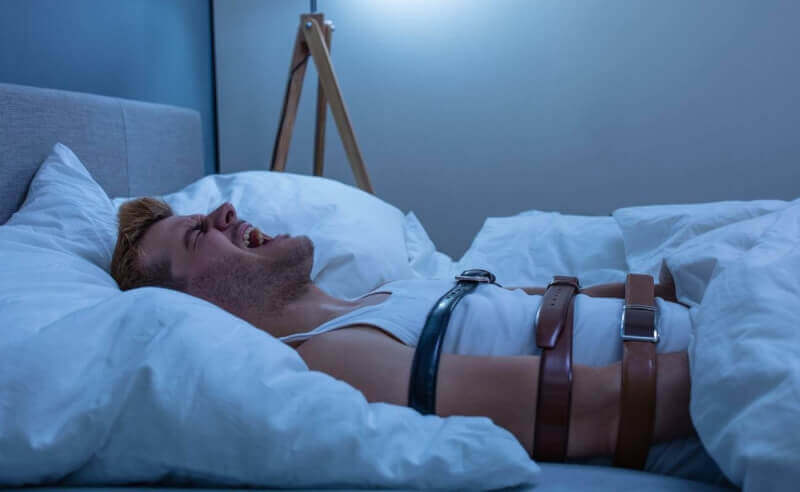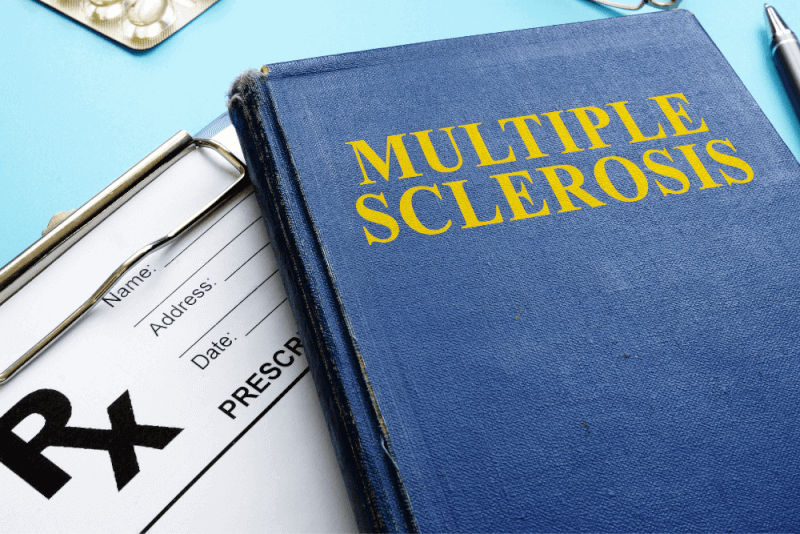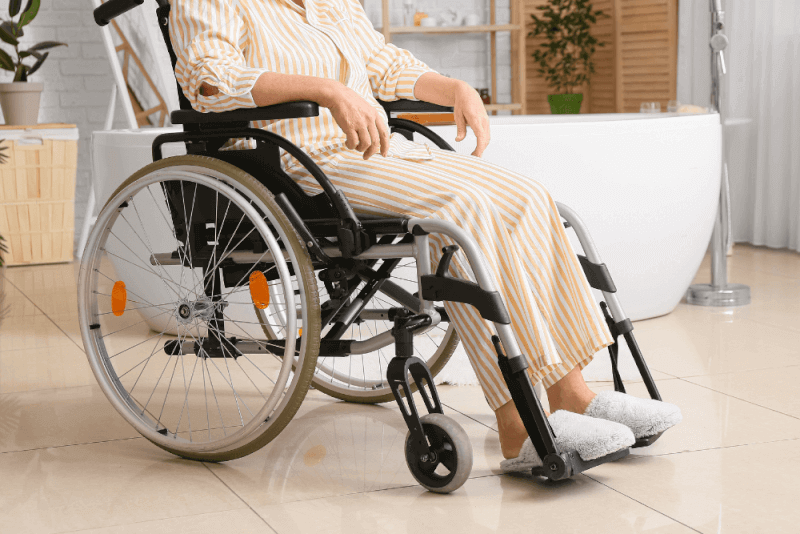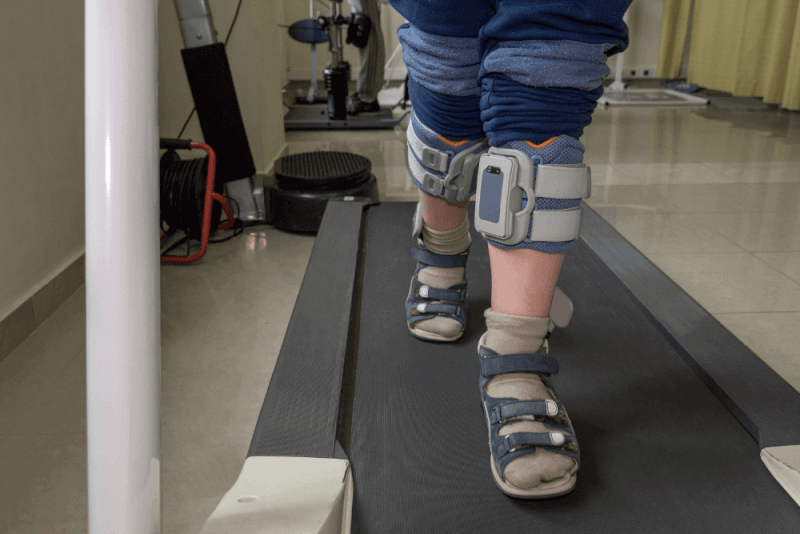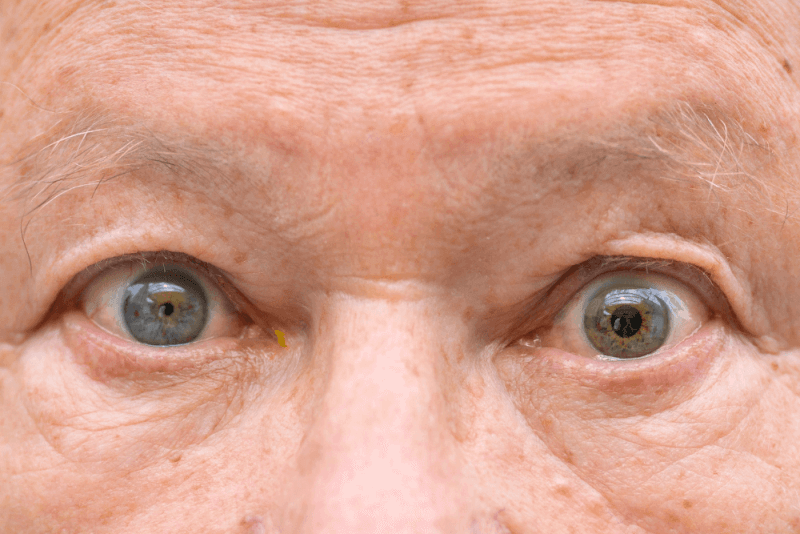30 Second Summary
- It usually occurs when falling asleep or waking up from sleep.
- During sleep paralysis, a person cannot move, speak or breathe.
- It can be triggered by stress, insomnia, narcolepsy and some other conditions.
- Usually no treatment is needed, but in some cases medication or therapy can help.
What is sleep paralysis?
Sleep paralysis, one of the sleep problems, is popularly known as nightmare. Being hungry or experiencing intense stress during the day can cause sleep paralysis. Nightmares that occur immediately after falling asleep or before falling asleep cause restriction of movement in people. It often causes feelings of suffocation, hallucinations and disturbing dreams. It has disturbing symptoms because it contains elements of wakefulness and sleep.
Although there is no physical harm, sleep paralysis is a frightening situation for those who experience it. Sleep paralysis occurs when you wake up or when you are just going to sleep. It is normal for sleep paralysis, which can be defined as the inability to move or speak, to occur during sleep. However, this is not felt when you are asleep. Sleep paralysis, which lasts for a few seconds after waking up, is a disturbing sensation.
Causes of sleep paralysis
Among the factors that cause sleep paralysis to occur are the following:
- Sleeping on your back
- Excessive smoking
- Excessive alcohol consumption
- Sleep hungry
- Medicines used in the treatment of sleep problems
- Sudden changes in lifestyle
- Psychological causes such as depression that trigger sleep problems
- Stress
- Sleep disturbance
- Tendency to sleep during the day
- Intense and irregular working hours
- Sleeping after eating
Disturbed sleep patterns
Sleep paralysis is especially common in people with poor sleep patterns. For this reason, sleep paralysis is more common in people who work in shifts. In addition, sleep paralysis is more common in people who sleep more or less than the normal sleep duration.
Narcolepsy
Another trigger for sleep paralysis is narcolepsy. This disease can be easily diagnosed with sleep tests. In addition, narcolepsy patients are very easy to diagnose because they often experience the condition called sleeping on their feet during the day. In addition, people with norkosepsia feel sleepy during the day, even though they get quality sleep at night. They fall asleep very quickly and the dreaming starts very quickly.
Psychological problems
Psychological illnesses such as depression, panic attacks and anxiety disorders also increase the likelihood of sleep paralysis. For this reason, the problem of sleep paralysis will be solved by treating psychological problems in people.
Symptoms of sleep paralysis
The symptoms of sleep paralysis are usually the same. For this reason, knowing the symptoms makes it easier for people to calm down when experiencing sleep paralysis:
- Excessive sweating
- Feeling the sensation of death
- Pressure on the rib cage
- Hallucinating during or immediately after sleep
- Feeling that someone else is in the room during sleep
- Feeling pushed or pressed when lying down
- Sudden panic attacks and feelings of fear
- Experiencing shortness of breath
- Sudden emotional transitions
- Overreacting to sounds that go unnoticed in normal times
- In rare cases, hallucinations may persist after waking up.
Treatment of sleep paralysis (nightmare)
It is not possible to give a clear answer about the treatment of sleep paralysis. However, eliminating the cause of sleep paralysis is considered the best option. If sleep paralysis is not related to other diseases, it will be sufficient to establish a regular and adequate sleep pattern and to ensure that the sleep environment is suitable for a healthy sleep.
In addition, stress levels should be reduced to prevent sleep paralysis. In this respect, practicing meditation exercises will not only reduce anxiety levels, but will also allow people to sleep more comfortably. This treatment option is a technique developed by the University of Cambridge. This therapy is called meditation-relaxation therapy. This therapy consists of 4 stages.
The first stage of therapy is a cognitive reassessment of the attack. At this stage, people close their eyes. Avoids panicking and reassesses the attack, knowing that it is not life-threatening. The second stage of therapy is called emotion regulation. At this stage, people are reminded that the situation will worsen, anxiety and fear will increase and the duration will be longer. In the third stage, the motivation to draw attention inward is applied. At this stage, people's attention is focused on an important object in their inner world. The last stage is the relaxation of the muscles. At this stage, people should not make breathing arrangements or try to move.
How does sleep paralysis (nightmare) go away?
If you experience nightmares frequently, then you may need to seek help from a specialist. In addition, you can take advantage of the following conditions to relieve sleep paralysis:
- Avoid stress, alcohol and smoking
- Seek psychological support to eliminate the cause of sleep paralysis
- Consult a doctor to find out if there is a sleep disorder
- Maintain your sleep patterns and try to sleep at least 6 hours a day
Can sleep paralysis (nightmare) kill?
For the vast majority of people, sleep paralysis is not a major problem. Although the frequent occurrence of sleep paralysis, which is medically classified as a benign condition, causes concern in people, it is not likely to cause death.
However, some individuals may have much more important sleep problems than sleep paralysis. When these problems are combined with sleep paralysis, it can have troublesome consequences for people. In these cases, problems such as falling asleep, sleeping soundly or thinking thoughts that make it difficult to fall asleep have a negative impact on general health. Because the quality of sleep is as important as regular sleep for the body to rest.
Dangers of sleep paralysis
Although sleep paralysis causes fear of death, it is not considered a serious health problem. However, if nightmares occur frequently, they can cause anxiety disorders in people. In this case, people should seek psychological support.
Sleep paralysis and hallucinations
Not everyone who has a nightmare hallucinates. However, in some people, the nightmare is accompanied by hallucinations. In fact, these hallucinations can be not only visual but also tactile and auditory. The reason why people hallucinate during sleep paralysis is that the brain is overly activated. In addition, oxygen deprivation of the brain during sleep paralysis can also cause hallucinations. In some people, it is also possible for people to experience flying during a nightmare.
Which specialist should be consulted for sleep paralysis?
Although sleep paralysis is not seen as an important health problem, the frequent occurrence of this condition causes people to be disturbed. In addition, the constant occurrence of sleep paralysis is a harbinger of sleep problems. People who are bothered by this condition can consult a neurologist to understand the underlying cause of their problems.
What should people who often experience sleep paralysis do?
Although sleep paralysis is not considered a serious health problem, it may require treatment because it often affects the psychology of people who experience it. In this case, people are recommended medications that regulate sleep without disrupting the cycle of REM and non-REM sleep. However, these medicines should be used under expert supervision. In addition, antidepressant medication alone does not prevent sleep paralysis and uncontrolled use of these medications can lead to even bigger problems. For this reason, people who frequently experience sleep paralysis should seek help from a specialist doctor.
How to prevent sleep paralysis?
Taking simple precautions can be enough to prevent sleep paralysis. We can list the things to do for this as follows.
- First of all, it is necessary not to panic during sleep paralysis and to be aware that this is a temporary condition.
- If you can move any part of yourself during sleep paralysis, it will end instantly. That's why you have to focus on moving any muscle when you're having a nightmare,
- Do not sleep when stressed. In such periods, taking a warm shower or listening to calming music before going to sleep will help you calm down.
- Always lie on your side when falling asleep.


